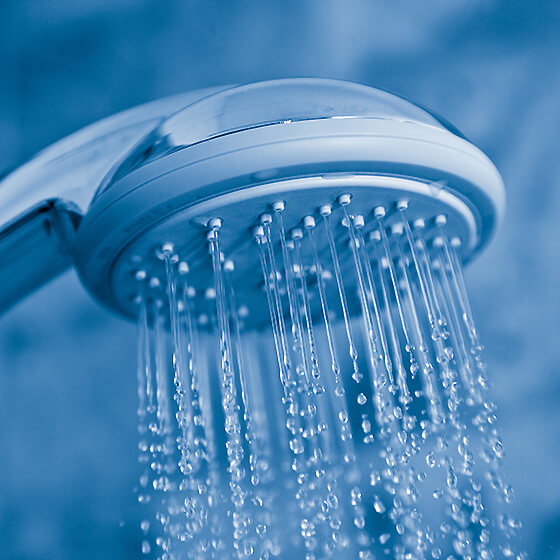Hygiene management and bathing is an important yet stressful daily aspect of living with someone with Alzheimer’s disease. Often, it can be a battle to create a care routine that keeps your elderly loved one physically safe from the damaging effects of poor hygiene, as bathing can be nerve wracking for someone with Alzheimer’s. Attempts to get them to bathe and shower can result in arguments, negotiations, screaming, crying, and hostility. This increases your stress level and creates a negative connotation to bathing for your elderly loved one. This can make it more difficult to encourage them to bathe in the future. Thus, it is important to create a warm and safe space for them to enjoy bathing.
Daily Routine
Creating a daily routine for all necessary care tasks such as sleeping, eating, drinking water and bathing can foster a sense of normalcy around those habits. These core health habits are critical to the health and safety of your elderly loved one, so it is important to co-create a schedule that suits both of your needs. Once you have the schedule and routine created, try to stick to it as closely as possible. It takes the guesswork out of the day and decreases the anxiety of the unknown. A predictable day decreases resistance and overall stress.
Warm and Safe Space
As you age, the cold affects you more pointedly, so keep that in mind when you go to draw the bath or do other hygiene-related care tasks. Often, seniors resist bathing because it is uncomfortable to be cold and wet. By making the environment more pleasant and comfortable there will be fewer objections and resistance. Start prepping the environment 5 minutes before they enter the bath. Turn on a space heater to make the air nice and warm and gather towels to ensure they can dry off as soon as possible. Try making the bathroom like a spa! Add candles, comfortable lighting, soothing music, and have fun.
Positive Reinforcement
Using kind and encouraging language can create a positive connotation to their bathing routine. Avoid power struggles, arguing, and negative language, as that will only increase stress and cause more resistance. As well, negotiation is not effective in these situations, as logic and reason are impaired by Alzheimer’s disease. Thus, it is important to keep your sentences short and simple to increase the chance of understanding. As well, focusing on a reward or a fun activity after the bath will maintain a sense of positivity. Using a favourite activity or food as a reward will lessen resistance. Talking about how they can eat their favourite dessert treat and watch their favourite show will keep them focused on looking forward to those activities. This will create a positive mindset about bathing and will create a pleasant routine.
Transparency
The language you use can foster a sense of safety during this stressful part of their day. Using ‘we’ pronouns rather than ‘you’ pronouns can build a connection between you two as a team. This can make it seem like you are supporting each other in an activity rather than you are forcing them to do something uncomfortable. Being concise with the instructions you give can also help take the guesswork out of what is happening. There are many steps to bathing and many confusing and uncomfortable sensations. Thus, going slow and steady can keep the pacing comfortable and help them adjust to the new sensations. Talk them through the process step-by-step and warn them before you introduce the water, especially the showerhead. Encouraging them to clean themselves gives them control and boosts confidence. As well, if they know what is happening and are helping to perform it, they will be less anxious. Coaching them through each step is more effective than doing it yourself.
Bathing can be a stressful and scary time for seniors with Alzheimer’s, but it does not have to be. By supporting them through the process you can build their confidence and create a positive association to bathing which will increase their willingness to participate. This is important because both you and your elderly loved one deserve an anxiety-free daily routine that keeps them clean and healthy.
We also recommend you check these related posts in our Home Care Services blog:

